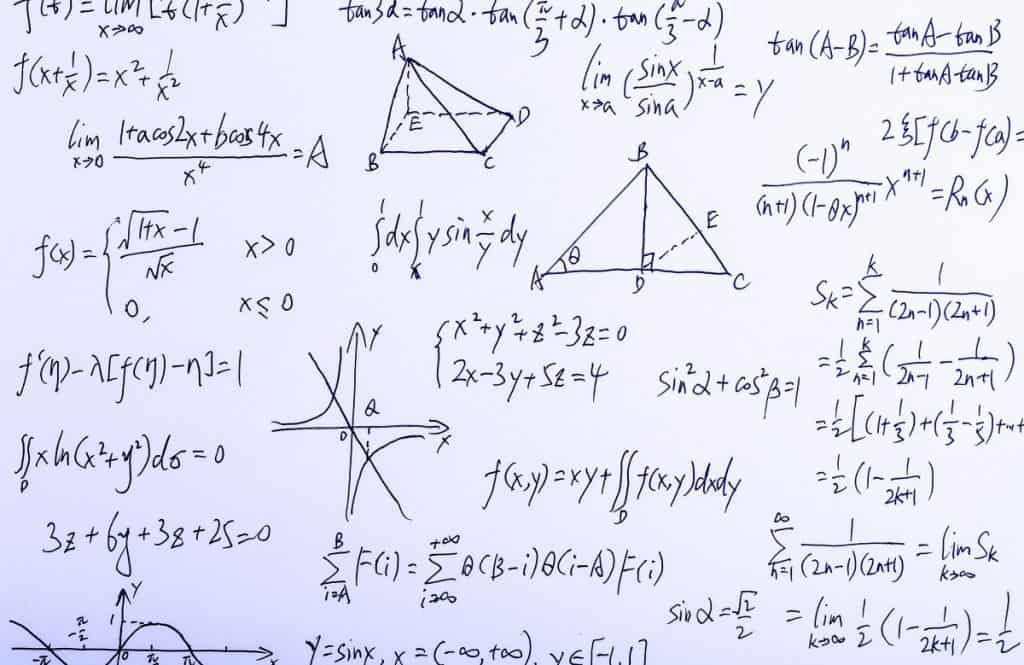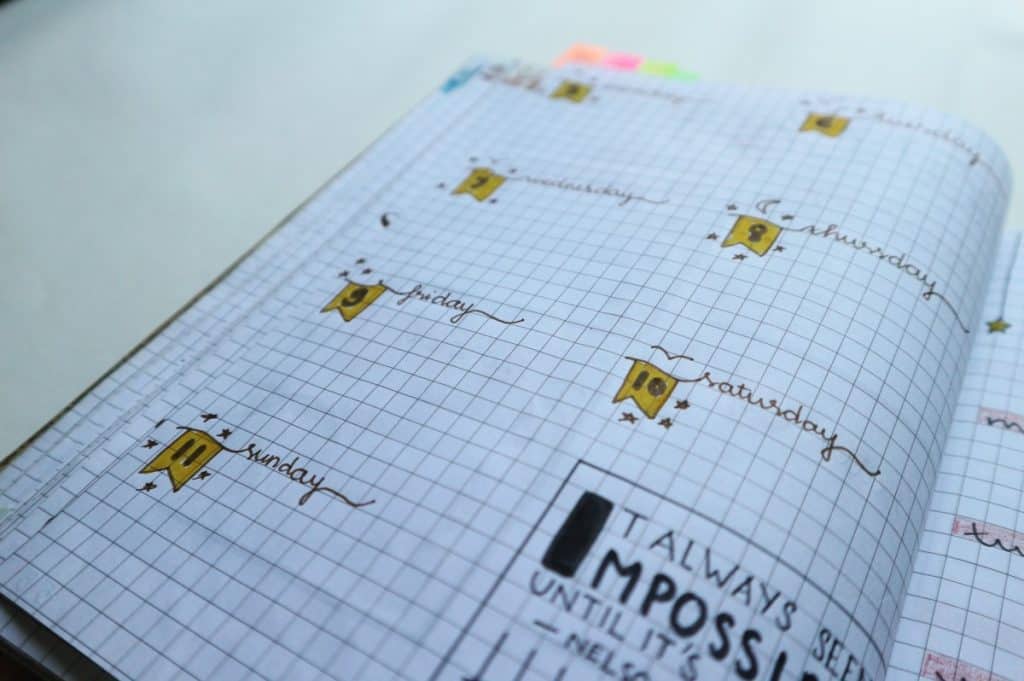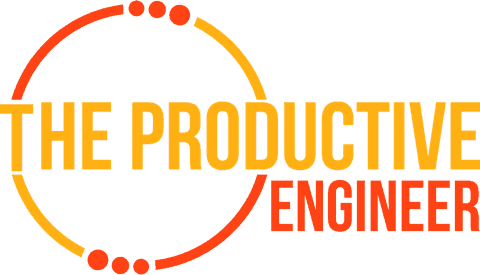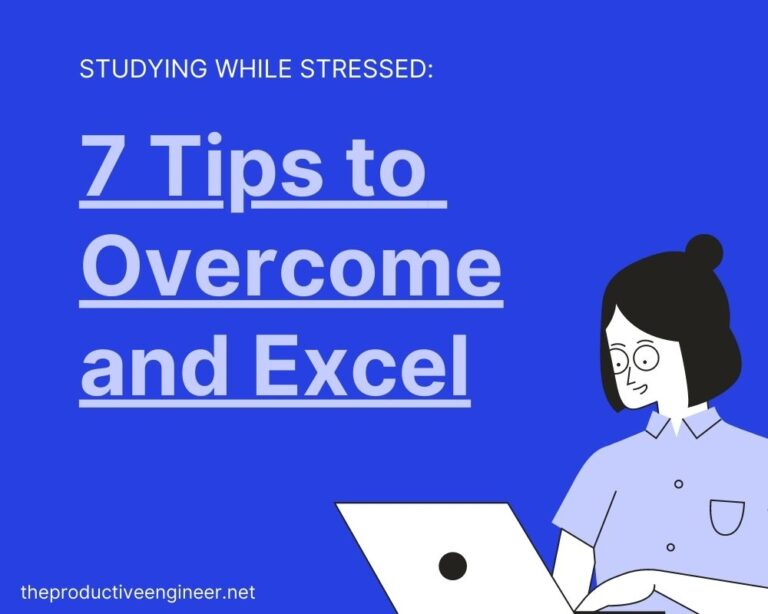Studying vs Cramming: How to Improve Your Study Skills To Excel
Cramming is something we all do at some point in their academic careers. However, it is important to learn how to study effectively consistently in order to maximize our academic potential. This article will explore both studying and cramming and provide you with a list of pros and cons as well as techniques on how to do each better.
Before we get started, if you are looking to overcome procrastination and get more productive, you should really check out Thomas Frank’s Productivity Masterclass on Skillshare. Thomas does an excellent job creating a system for being extremely productive consistently. To check out his course, click the link below:
Productivity Masterclass – Creating a System that Works – SkillShare
If you are looking for some tips on how to improve your academic performance, check out my article on my top study tips at the link below:
25 Amazing Study Tips to Improve Academic Performance – The Productive Engineer
If you are looking for the best study tools out there, you should read our article on the best study tools to enhance your studying at the link below:
The Ultimate Study Tools You Must Use to Succeed!
Why Do We Cram?
We have all procrastinated. We’ve all put off things that we need to do because we prefer to do other things at that moment. The problem is that those moments tend to add up and before you know it, you find yourself cramming the night before the exam.

But why do we cram? I mean, we know we need to study. We want to do well on our exams. We also know that cramming is not the best way to prepare for a test. Yet, we still do it. We even push off our work until the last minute, impeding our ability to do as well as we could’ve if we had simply studied a little bit each day.
If you are reading this and find yourself cramming right now and need guidance on how to maximize your studying effectiveness at the last minute, check out our article on how to study last minute at the link below:
How to Study Last Minute for a Test Effectively – The Productive Engineer
We Fool Ourselves about Our Future Motivation to Study
In my opinion, the reason why we push off our work is that we tend to overestimate our abilities in the long term while simultaneously underestimating our abilities right now. What I mean by this is that while we don’t have the motivation to work right now, suddenly we’re going to gain massive motivation in the future to push through what we need to get done.

There’s a saying that if you’re not willing to save ten cents now that you will not save a dollar tomorrow. I believe this wholeheartedly and it directly applies to why we don’t study today. We have an over-inflated view of ourselves in the future. We believe that we will magically buckle down and get everything we need to get that even when we don’t do it a little bit right now.
One of the questions you might be asking yourself is what time of day is best for studying. If so, we have the answer and the reasons why in our article on studying at night vs studying during the day.
The Power of the Imminent Deadline and How It Applies to Studying
So what do we do this? The answer lies in the lack of an imminent deadline. In his article in The Guardian titled “The Power of Deadlines“, Dean Burnett stated:
“But the general pattern is that, as people approach a deadline, they typically become more motivated and work harder at the task in hand, and performance can even improve.” (Source)
Having an imminent deadline (like the exam date) allows you to focus. As you get closer to the deadline, You will find yourself mentally getting prepared to study. The challenge is that it is actually better to start studying significantly earlier than the deadline (i.e. the night before the exam).
Parkinson’s Law and It’s Effect on Our Study Habits
Tim Ferriss wrote in his seminal book “The Four-Hour Work Week” all about Parkinson’s Law and the impact it has on getting things done. Parkinson’s Law states that “work expands so as to fill the time available for its completion” (Source). The central thesis of Parkinson’s Law is that the more time we have to complete a task, the more time we will take to complete it and the more complex the task will appear to be.

Tim captured this sentiment well in the Four Hour Work Week when he wrote:
Parkinson’s Law dictates that a task will swell in (perceived) importance and complexity in relation to the time allotted for its completion. It is the magic of the imminent deadline. If I give you 24 hours to complete a project, the time pressure forces you to focus on execution, and you have no choice but to do only the bare essentials.
If I give you a week to complete the same task, it’s six days of making a mountain out of a molehill. If I give you two months, God forbid, it becomes a mental monster. The end product of the shorter deadline is almost inevitably of equal or higher quality due to greater focus.”
Tim Ferriss, The Four-Hour Work Week (Source)
This is a key insight into why we cram vs study consistently. We make the task of studying and preparing for our exams too complex and hard in our minds. This procedure complexity creates a situation where our minds want to defer the work due to the perception that it will be very hard to complete.

The interesting thing about this phenomenon is that it decreases as we get closer to the deadline, or in our case, the exam. There is a point where the perceived pain of studying becomes less than the perceived pain of doing poorly on the exam.
How to Get Ourselves to Study Early Rather than Cram?
The challenge is that, for many of us, this transition of perceived pain occurs too late in the process and we end up cramming for the exam. The threshold where we feel we need to study rather than procrastinate can occur too late in the process. So the question becomes: how do we get ourselves to study earlier in the process rather than cramming at the last minute?

There are several techniques we can use that, in combination, that can help us overcome procrastinating and start the study process earlier in the cycle.
Creating a Study Schedule
What are the ways that we can get over our procrastinating it fear of getting started is to create a study schedule. A study schedule provides the structure we need in order to get started. If we leave our studying till when we want to do it, we will find that we study a lot last we need to in order to maximize our academic potential.
The way I tend to think of it is that my mind is really really good at rationalization. If there is any way for my mind to talk me into procrastinating, it will do so. Willpower is a fleeting resource that is frequently is not available to you when you need it the most. The best way to overcome rationalization is to not allow your mind to have the option to procrastinate.

Study schedules take the thought out of what you’re going to do in a given moment. If it is already in your calendar that this is the time you study, you’re more apt to study. Additionally, over time, you will develop the habit of studying when the schedule says to.
For more information on how to create a study schedule, check out our article on how to create a study schedule at the link below:
How to Make a Study Schedule – The Productive Engineer
Finding Your Personal Reasons to Study
Having a study schedule can help you start to study more, it doesn’t always help with the motivation part. I mean, how motivated are you to do well academically? I know your answer is I’m really motivated but are you really? I mean, how long do you wait before you actually start studying? Is it the night before the exam?
Motivation, much like willpower, is fleeting. If you have not created academic goals that you are absolutely committed to achieving, you will struggle more with finding the motivation to study as someone who has goals.

Define exactly, in explicit terms, what you want to achieve academically. Why are you taking this course? Is this what you wanna do when you get out of school? Are you looking to move on to graduate school and need the grades to get into the graduate school do you watch?
In most cases, why want something is much more important and driving than the goal itself or how to achieve it. Find out what your why is and you will have greater motivation and more reasons to study.
If you’re looking for tools and techniques on how to get yourself to study, check out our article on how to get yourself to study at the link below:
How to Make Myself Study – The Productive Engineer
Use a Proven Note-Taking System that Emphasizes Regular Review
What are the ways you can improve your exam preparation is to use a proven note-taking system. Note-taking systems provide a structure to our notetaking and review process. The structure could help reinforce the material that we are very attempting to learn and provide a positive feedback loop in reviewing the content.

A good note-taking system should provide a mechanism for capturing the key concepts while simultaneously providing a review format that makes exam preparation simple. The system that I use is the Cornell note-taking system. The Cornell note-taking system provides a structure for the taking as well as practice questions creation and testing.
More information on the Cornell note-taking system, please check out our article on how to use the Cornell note-taking system at the link below:
How to Use the Cornell Note-Taking Method – The Productive Engineer
Does Cramming Provide Any Advantages over Studying Over Time?
Given how much we tend to cram for exams, there must be a reason or a benefit to doing so. I mean, we all do it enough where there has to be some level of benefit to us, right? Actually the answer is, to some extent, yes. Cramming, at some level, forces us to focus on the essential at the expense of the less important. Remember Parkinson’s law? One of the benefits of an imminent deadline is that it forces us to only focus on the essential to get the task done.

When we have a ton of time to study before the exam, it can be easy to diverge into activities that are not absolutely pertinent to the exam. As we get closer to the exam, there is a correlation to becoming more focused. Many times this focus comes out of necessity due to the lack of time available to you when you cram.
It is natural to believe that the more time you have to prepare for an exam the better you will do. However, this is only true to a certain extent. At some point, the addition of time has a negligible effect on performance. How much time you need to prepare for the exam is not infinite. There is an optimal time that lies in between the last minute and then the maximum amount of time available.
That being said, cramming is not an effective study technique overall. The main reason is that, typically, cramming implies that he can’t it will have to be left out due to a very real shortage in time before the exam. A better choice is always to study over time using a proven and consistent study system.
Advantages and Disadvantages of Studying vs Cramming
| Studying | Cramming | Advantage | |
| Robustness of Preparation | Studying consistently overtime allows you to cover more in-depth topics at a deeper level | Cramming forces you to narrowly explore concepts due to lack of time | Studying |
| Efficiency of Focus | The longer the time spent studying, the more likely to diverge from the essential concepts | Cramming forces focus on only the essential content | Cramming |
| Physical readiness to take exam | Spreading studying out over a significant length of time allows you to arrive on test day well-rested and ready to roll | Cramming can leave you physically and mentally drained due to last minute preparation and potential lack of sleep | Studying |
| Probability of Successful Outcome on Exam | Studying over time consistently will provide better exam results | Cramming leaves little to no room for error and, over time, will lead to reduced academic performance | Studying |
Summary
When possible, you should really attempt to study consistently across the time allotted before the exam. This will leave you in the best position to do well academically. It will also allow you to build strong study habits that will serve you well in the future.
Cramming, on the other hand, provides little to no room for error it is not an effective long-term strategy for strong academic performance. Cramming for an exam will leave you physically and mentally drained, which is not the ideal physical state you want to be in when taking an exam.
Want More Tips and Tricks? Subscribe to our Newsletter!
If you haven’t already subscribed, please subscribe to The Productive Engineer newsletter. It is filled with tips and tricks on how to get the most out of the productivity apps you use every day. We hate spam as much as you do and promise only to send you stuff we think will help you get things done.
Check Out Our YouTube Channel!
We have a YouTube channel now and we are working hard to fill it with tips, tricks, how-tos, and tutorials. Click the link below to check it out!
Check out our Resources page
Check out our resources page for the products and services we use every day to get things done or make our lives a little easier at the link below:








